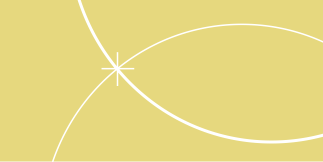Treatment of chronic wounds can still be a challenging task. The longterm failure of wound healing often results in considerable patients anxiety and despair, a burden of different woundmaterials, painful dressings and frustration of the patient and the health worker. During our experience of many years in wound management a number of multimorbide patients with chronic non healing wounds, sometimes for more than a year, were referred to our institution. We present 5 cases of successful woundhealing in difficult chronic wounds with the use of hydroresponsive dressings.
Methods
The in- and outpatient documents of 5 patients referred to our institution with exceptional longstanding non healing wounds and finally successful treatment by the use of hydroresponsive dressings were analized. We looked at wound location and type, systemic factors inhibiting woundhealing, type of prior wound dressings and time to heal under hydroresponsive dressing.
Results
We treated two women and three men with an average of 77 years, two of them suffering on severe periphere aterial disease, 4 of them with dermatologic diagnosis and high dose steroid-therapy. Non healing time in all cases over a half year, in two cases more than 2 years. The wounds were covered by hydroclean therapy, in two cases we continued with hydrotac until woundclosure was observed. In all cases, no debridement was untertaken because of aetiology or pain. The average healing time represents 1- 3.5 months.
Conclusion
In chronic and non healing wounds, modern hydroresponsive dressings are an option, for effective and successful wound treatment, even when debridement isn’t possible. As a prerequisite for success systemic factors inhibiting wound healing, like vascular disease, diabetes and malnutrition must be diagnosed and optimized.
Clinical relevance
Expert opinion on the treatment of difficult chronic wounds
Conflict of Interest
Our Institution is a Reference-Center of IVF-Hartmann AG
